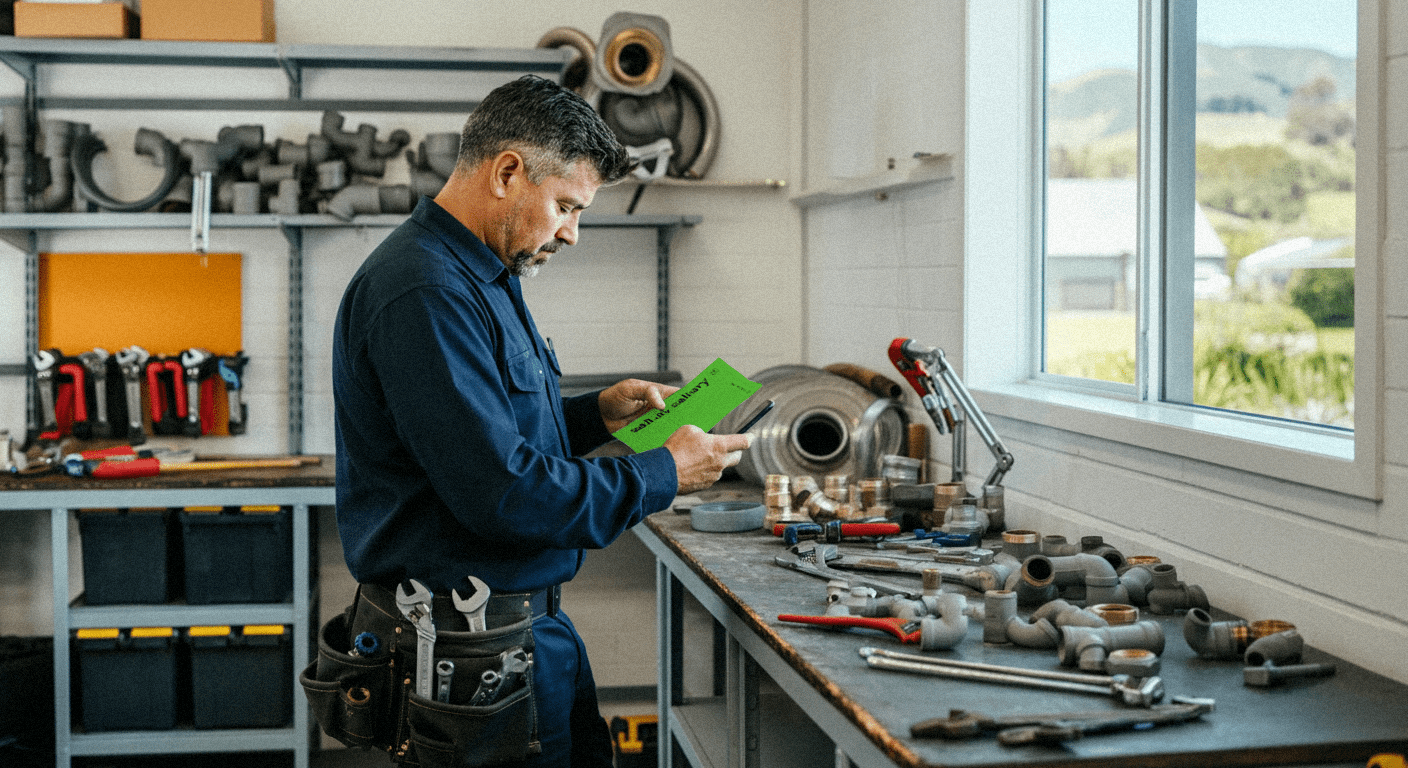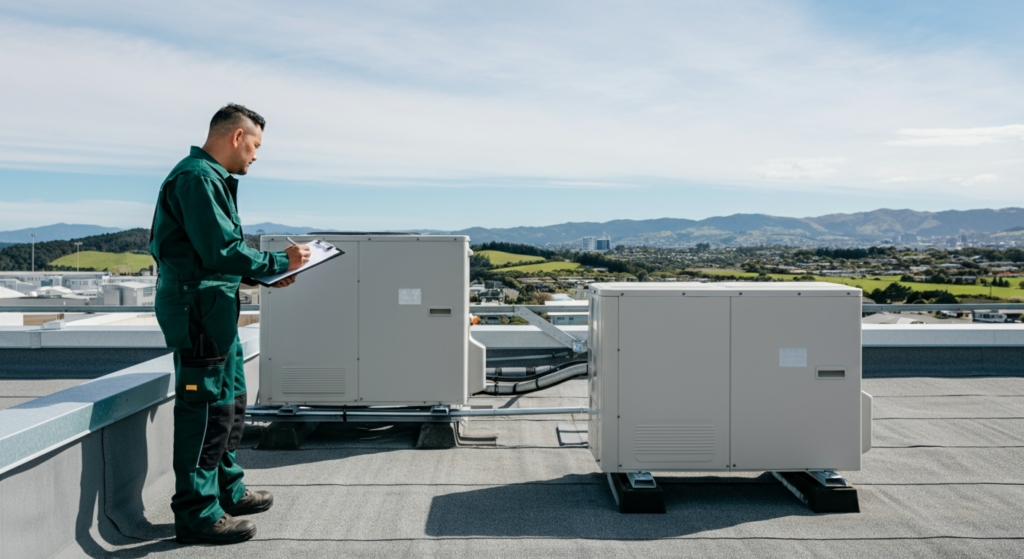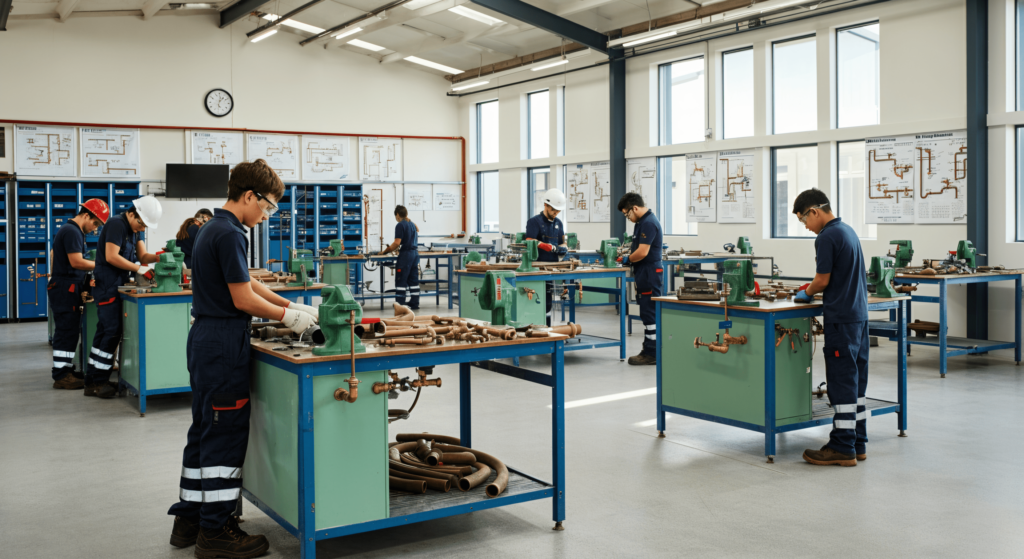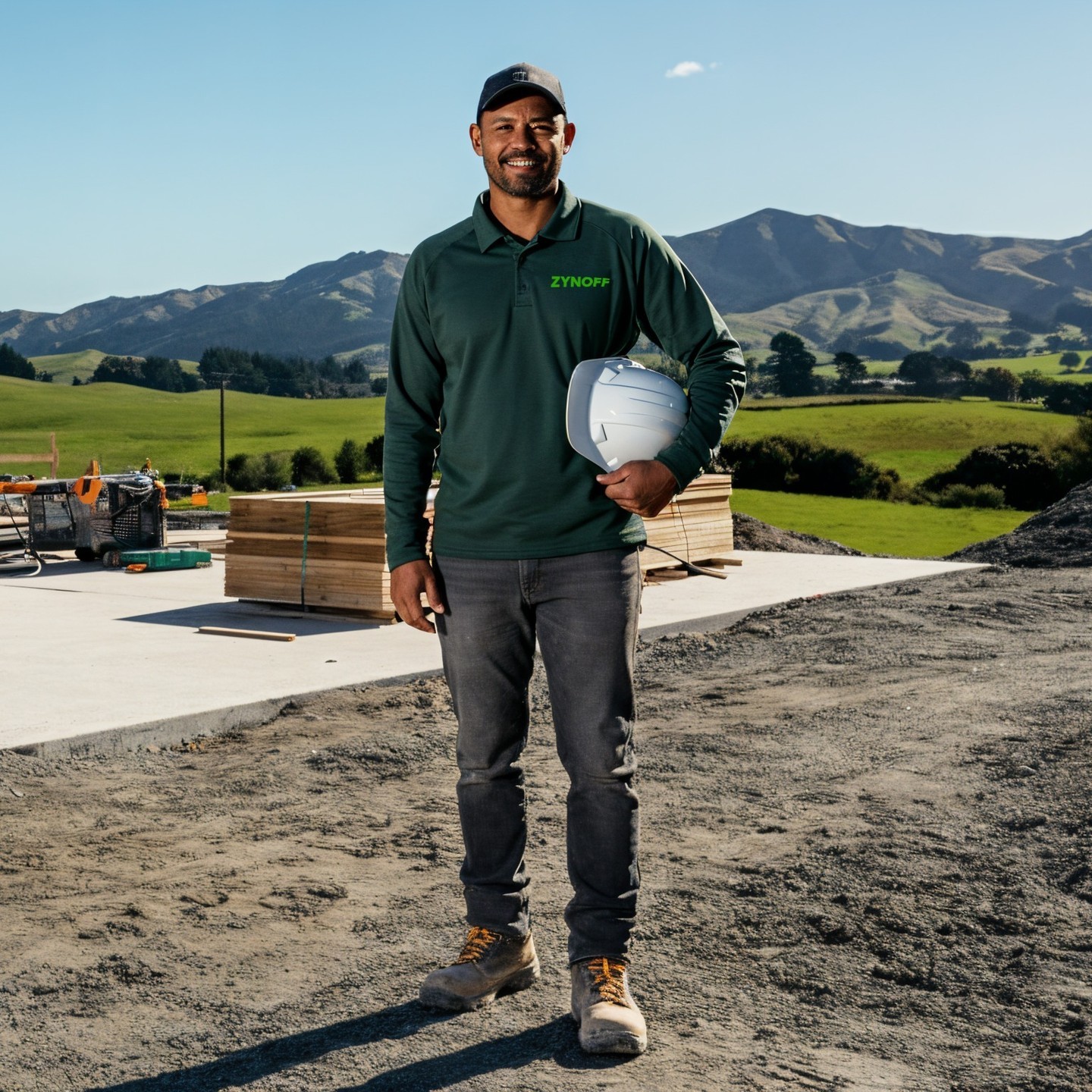Discover the lucrative world of plumbing in Australia, where skilled plumbing professionals receive competitive salaries that reflect their expertise and dedication. From the foundational plumbing apprenticeship, which sets the stage for a rewarding career, to the varied roles that command different pay scales, this article delves into the intricacies of the plumbing industry. We explore how experience, location, and specialised job roles influence earnings while examining the latest industry insights and government regulations that shape the financial landscape for plumbers.
Whether you are thinking about becoming a plumber or want to know what is happening in this worthwhile field, this guide should be helpful for anyone interested in the financial aspects of the work and the rewards to be found in this fascinating trade.
Average Earnings for Plumbers
According to Jobs and Skills Australia, the median weekly earnings for full-time non-managerial plumbers were approximately $2,000 as of July 2024. They generally earn between $80,000 and $100,000 annually. These figures highlight the variability in earnings across different sources and regions.
Specialised Roles
It can be significantly higher for plumbers working in remote areas or challenging environments. The base salary starts at $82,993 annually in Australia and increases to around $150,947 annually, including additional allowances.
Plumbers’ Salaries by Experience Level (Detailed Breakdown)
- Apprentice Plumber: Around AUD 38,000 per year.
- Entry-Level Plumbers (1-3 years of experience): Typically start at around AUD 73,886 annually.
- Mid-Career Plumbers (4-7 years of experience): Earn an average of $87,750 per year
- Experienced Plumbers (8+ years of experience): most experienced workers can make up to AUD 110,000+ annually.
Additionally, specialised roles such as maintenance plumbers may command different salary ranges. For instance, maintenance plumbers earn an average salary of AUD 92,707 per year.
Plumbers’ Salaries by City
Salaries for plumbers vary significantly across different cities in Australia:
City Average Annual Salary Range (AUD)
| City | Average Annual Salary Range (AUD) |
| Sydney | $70,000 – $100,000 |
| Brisbane | $95,000 – $115,000 |
| Adelaide | $95,000 – $105,000 |
| Melbourne | $80,000 – $100,000 |
| Canberra | $90,000 – $110,000 |
| Port Hedland, Karratha & Pilbara | $100,000 -$140,000 |
Several factors influence plumbers’ salaries in Australia, including:
- Location: Plumbers in major cities like Sydney, Melbourne, and Brisbane generally earn more than those in rural areas due to higher living costs and greater demand for services. Cities with high demand and infrastructure projects often offer higher salaries. For example, Sydney’s plumbers earn an average of $77,758 annually.
- Experience: As plumbers gain experience, their earning potential increases significantly. Entry-level plumbers start around $40,000, while experienced plumbers can earn over $90,000.
- Skills and Specialisation: Plumbers with specialised skills in gas fitting, roof plumbing, or sustainable solutions can command higher salaries due to their in-demand expertise.
- Industry and Job Type: Plumbers working on infrastructure projects or in supervisory roles tend to earn more than those in residential or maintenance roles.
- Qualifications and Certifications: Holding additional qualifications or certifications can increase earning potential by improving job prospects and marketability.
- Economic Conditions: Salaries are influenced by local economic conditions, including demand for plumbing services and the cost of living in different regions.
Overview of Plumbers’ Tasks
Plumbers are responsible for a wide range of tasks, including:
- Studying blueprints and specifications to determine plumbing system layouts and materials required.
- Installing hot and cold-water systems and associated equipment.
- Installing water-based fire protection systems, including fire hydrants and sprinkler systems.
- Designing and installing sanitary plumbing and water supply systems.
- Fabricating and installing soil and waste stacks.
- Assembling and installing mechanical services plants and small-bore heating systems.
- Installing sewage and effluent pumping equipment and disposal systems.
- Installing below-ground drainage systems and associated ground support systems.
- Installing gas appliances, flues, and pressure-regulating devices.
- Fabricating and installing metal roofing, rainwater goods, and flashings.
Apprentice Plumber Information
A plumber apprenticeship in Australia typically lasts for four years. During this time, apprentices acquire theoretical and practical knowledge by working alongside a master plumber. The apprenticeship leads to a Certificate III in Plumbing, the minimum qualification required to work as a plumber. Apprentice plumbers are remunerated based on their training level, with wages increasing incrementally as they advance through their apprenticeship. For instance, first-year apprentices earn about 50% of the full salary, rising to 90% by the fourth year. Completing an apprenticeship is crucial for gaining the skills and experience to become a qualified plumber.
To start an apprenticeship, one must be over 18 (or have guardian approval if under 18), an Australian citizen or permanent resident, and seeking full-time or part-time hours. Temporary residents or visa holders may also be eligible under specific conditions.
- Average Salary: Apprentice Plumbers typically earn between AU$ 38,000 and AU$63,000 annually, depending on their progress and hours worked
- Apprenticeship Duration: Typically lasts 4 years, with wages increasing as the apprentice progresses.
- Pay Rates: Under the Plumbing and Fire Sprinklers Award, first-year apprentice pay rates vary by age:
- Under 17 years of age: $581.32 per week.
- 17 to 20 years of age: $635.63 per week.
- Over 21 years of age (Adult Apprentice): $954.10 per week.
Tasks Performed by Plumbing Apprentices
- Installation Work:
-
- Assisting with the installation of water, gas, and drainage systems.
- The installation of pipes, fixtures and their accessories for domestic, business or industrial use.
- Maintenance and Repairs:
-
- Fixing leaks, blockages, or damaged pipes.
- Performing basic repairs on water heaters, toilets, and taps.
- Understanding Plans and Codes:
-
- Knowledge of structure plan issues such as reading and interpreting blueprints, plans and building codes.
- Ensuring installations are with the standards and codes regulated within Australia.
- Assisting with Gas Work:
-
- Assistance in the installation of the gas pipelines and the use of the various types of gas appliances.
- Gaining safety knowledge of how to handle gas-related systems.
- Roof Plumbing:
-
- Installing gutters, downpipes, and roof drainage systems.
- Sealing roof penetrations to prevent leaks.
- Learning Safety Practices:
-
- Compliance with or follow health safety and environment (HSE) policies and standards provisions in the workplace.
-
- Using protective equipment and safe practices to minimise risks.
- Use of Tools and Equipment:
-
- Gaining proficiency in using tools such as pipe cutters, wrenches, and soldering equipment.
- Assisting with machinery for excavation or other heavy-duty plumbing tasks.
A detailed plumbing apprentice programme overview can be seen here.
Career Path for Plumbers in Australia
After working and earning adequate knowledge for some time, the apprentices qualify to be plumbers and get licenses to work in specific areas of gas fitting and hydraulic services or even own a plumbing business.
In conclusion, plumbers in Australia have good wages and outlook for the job, which allows many individuals to pursue a career in the field. The recent increase of the National Minimum Wage from $875.30 per week ordinary rate to $915.90 per week ordinary rate from 1st July 2024 guarantees continued competitiveness of plumbers’ award wages. Furthermore, visibility in the increase in the superannuation guarantee rate to 11.5% from July 2024 and later to 12% from July 2025 will offer improved retirement provisions to the plumber. This is the case with the construction industry, which pays more in salary offers to assist the complexity and size of projects. With ongoing construction projects and infrastructure development driving demand, the outlook for plumbers remains robust, providing a stable and rewarding career for those entering the field. Overall, the combination of competitive pay, stability of working, and chances for promotion make plumbing an attractive line of work in Australia.




